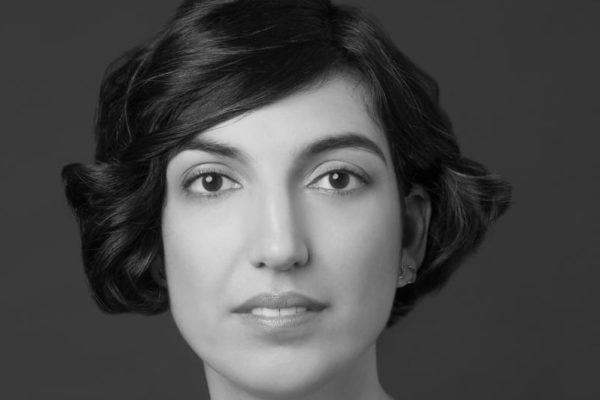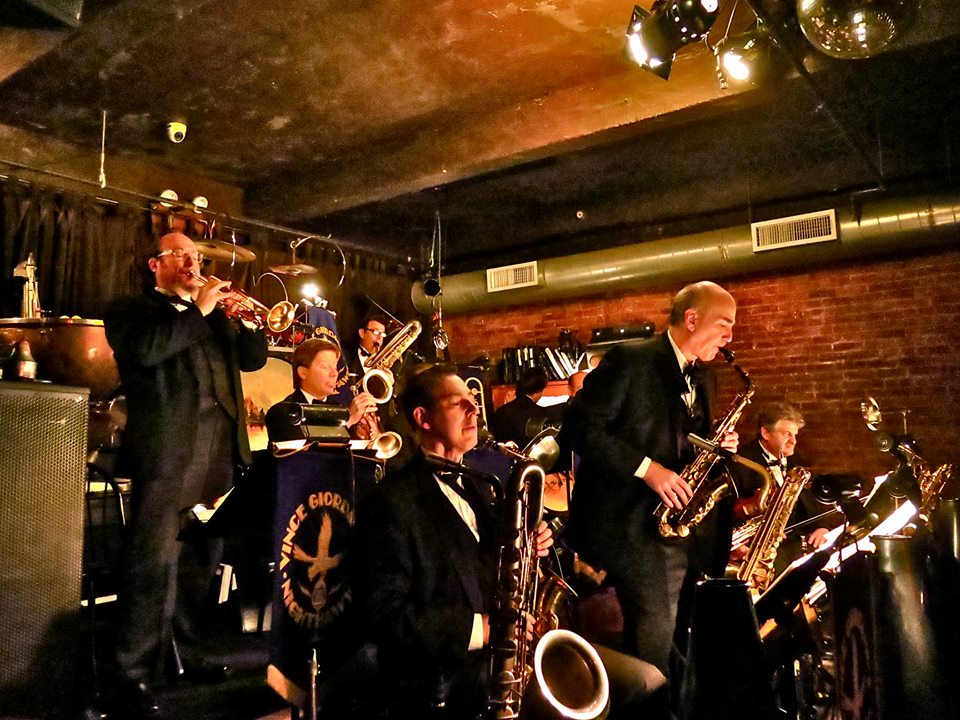HL
Part of what I love in The Idiot is the space you give to passages in which Selin is just grasping for the solidification of her ideas. You wrote an essay in The London Review of Books in which you reckon with a big book describing the MFA program’s imprint on contemporary American fiction (Mark McGurl’s The Programme Era: Postwar Fiction and the Rise of Creative Writing). In another essay, in n+1, you read and respond to a couple years’ worth of the Best American Short Stories collections, and describe the “ghosts of cut paragraphs, rattling their chains.” Do you think that, by asking for finely wrought perfection, the MFA model might neuter the opportunity to go along with a character as she searches for meaning and looks through books and is wrong and acts like an idiot? It sometimes seems that we’re asked to write as if we’ve never read any books, as if life—and the novel—for us is not that confluence of the books we’ve read and the experiences we’ve lived.
EB
You know, I don’t know very much about MFA programs! Maybe I should start with the story of how I wrote those pieces. The second piece that I published in my life I think might have been the MFA one. After I wrote the first thing I ever wrote, which was for n+1, they said they were having a symposium on new American fiction and they asked me to write something for it. I was in grad school and I was preparing for a big oral exam, it had to cover three national literatures over one hundred years, and mine was 1830 to 1930 Russia, France, and England. I was reading day and night trying to stuff all these books into my head. So I told n+1, “I have no idea what the problems of contemporary American fiction are! You’ve got to find someone else to do this.” They were like, “No problem Elif, we’ve got you covered.”
So they sent me in the mail—this was in 2005—the Best American Short Stories of 2003 and 2004. And I read them like a person who was preparing for a grad school exam: really fast, with an eye toward the formal thing these stories are all doing, asking myself do I like it, or do I not like it; which side do I put them on. I came up with a bunch of formal characteristics; I didn’t really like them, I didn’t think they were that productive. I preferred what I’d been reading before, from 1830 to 1930. Then, because I was a grad student, I was like, I have to come up with some kind of socio-historical explanation for these formal features I don’t like. The first one I thought of, maybe because I was in graduate school, was that it might be because of graduate school! It might be because of the schools that these people are going to, which in a lot of cases were MFA programs.
So I wrote that n+1 piece, and then after that Mark McGurl wrote this long academic book about MFA programs, where his thesis was specifically that the MFA program was the best thing to happen to American postwar fiction, that it had promoted creativity and excellence in an unprecedented way that world literature had never known before. The LRB asked me to review it, because it was basically a long book that happened to say the exact opposite of what I’d said in a very short piece. So I read the book and, unsurprisingly, I wasn’t really convinced by it. In the piece I wrote, I was just responding to the argument he made in the book. I wasn’t trying to evaluate MFA programs. I was just saying that the story he was telling didn’t seem plausible to me. I didn’t do any kind of research into what MFA programs actually were, which is something I don’t know a lot about, especially now.
At that time I’d taken a couple writing workshop classes, when I was really young. I didn’t love the emphasis on the short story, and on craft, and on reading other short stories written by contemporary Americans who taught in workshops. So I had this small personal feeling of annoyance, but it wasn’t based on any kind of widespread research. Then, over the next ten years, I think the landscape of the MFA program changed drastically. Every writer whom I admire now basically teaches at a MFA program. When I talk to them about their classes, the vast majority are teaching, in addition to workshops—or sometimes instead of workshops—literature classes, where they read historic texts.
So I do feel like the MFA critique I wrote then is out of date and not totally representative of what goes on in programs now. That said, what you just said now did really resonate with me—how there’s a way that writing is taught that forces you to act as if you haven’t read anything. Not having been in school for a while, the way that I’ve been encountering that idea these days isn’t from how writing is taught, but from how it’s marketed. Specifically, the division between fiction and non-fiction. I saw myself as someone who wanted to write novels, and I had the experience, again and again, of being told by really smart editors, not by fools, that, “No, what you’re describing is not fiction—it’s an essay. That’s what essays do: they’re first person; they create this subjectivity that’s mostly nonfictional, a little bit constructed; they trace that subjectivity moving through the world of historical events and meetings with real people and with the books they’re reading and with literary trends. That’s not something fiction does; that’s something non-fiction does.”
I did originally want to write The Possessed as a novel. I pitched it as a retelling of Dostoyevsky’s Demons in a Stanford-like comparative literature graduate program, and many people implored me not to write this book. They were like, “That’s a terrible idea. Nobody wants to read that.” In the end the editor who helped me write The Possessed, Lorin Stein, someone I’m really eternally grateful to, said, “Nobody’s going to want to read a long novel about depressed graduate students. That’s just not something that anyone wants to do to themselves. But you have so much passion for Russian novels, which are very long, which a lot of people haven’t had time to read but wish they did. If you this as nonfiction, those people might read your book hoping to learn about the Russian novels that they didn’t have time to read themselves. It’ll be like they get to experience what it’s like to be an obsessed Russian literature graduate student.”
I remember thinking at the time, Why couldn’t they learn about Russian novels just as well from a novel as from a nonfiction book? I remember thinking, Oh it’s because people aren’t supposed to learn anything from novels. And I don’t know why that is. That seemed odd to me at the time. It did seem like a foreign, non-intuitive, and also historically recent idea to me that fiction is some space of pure narrative and imagination without a deep connection to previous literature, or to historical ideas, or to basically all the thoughts that a literate person might have in her head. I think of a novel as the receptacle of all of those thoughts, not for a subset of those thoughts. But I realize that that’s not really how fiction is thought of, and I guess that’s maybe not how fiction is taught.
HL
I think, at its worst, there are people telling you what they want, and what they want is often more names and more context: “I want to know what this guy was doing before he stepped onto the page.” As if engaging with the literature that has come before us and into which we’ve read a lot of meaning is not a way of getting at an idea of a character’s past.
EB
There’s some idea of rounded character: “I want to know more about this guy, about what makes him tick.” As if that has to be this vertical trip down into the guy and his life, and it can’t be horizontal—into what makes people tick, people like him, and other characters in other books.
HL
You describe many contemporary short stories as novelistic epics, condensed and truncated, unnaturally crammed into the form, rather than actual short stories—literally, stories that are short. Which modern writers do you feel are working well within their forms?
EB
That’s a good question. I tend to like long, meandering books. I guess that’s not everyone’s jam. I loved Ferrante. For short stories I like Haruki Murakami. I think that they’re often quite small and mysterious, and not over-explained.
That trait you mention is something that I thought of as a side effect of writing being taught in programs, because I remember that from when I was studying writing. I was not a short story writer, and yet was always having to write short stories. I could see why—because it’s a semester you don’t have enough time to write a novel, and the short story was being made into this catch-all form that everyone was supposed to produce. Even people who had novelistic or other goals. So I guess that criticism came more from my experience as a student.
HL
Short stories as a kind of précis to then sell the novel you actually want to write.
EB
Yeah, a little bit like that. I think the length usually finds itself. Length is such a complicated question. Why are some stories long and some stories short? I tried to write about that in graduate school. There was this amazing article that we read by, Catherine Gallagher, about novelistic fictionality. It started with this definition of the novel: “We all know the definition of a novel is a long, fictional, prose narrative. We all know what long and prose is—but what’s fictional? Where did the concept of fiction come from?”
She says that the reason the change in the definition of fictionality arose in the 18th century, was because of the rise of insurance, changes in the marriage market—a bunch of market-oriented reasons that made people have to entertain counterfactuals for more steps than they’d had to before. That led to this new kind of thinking that was fictional, and that’s why the novel arose at that time. I thought that was amazing. But when I kept thinking about it, the question that came to me was, Why does a novel have to be long?
I was working on Isaac Babel at that point, who wrote all of these short stories, and all of my favorite Russian writers except for Chekhov and Babel are novelists. I was thinking, Why did Babel never write a novel? Was it because of life reasons? Was it because what he was doing could only be done in a compressed space? Why do other writers have to write novels? Is it about some texture of time that you can’t get at otherwise?
I guess I think that that’s what it is. I think there’s a certain effect of visiting and revisiting something over time—the thing Proust only got at after writing volumes and volumes and volumes about basically the same thing. There’s something in the novel that involves living through something, living through it to see that it’s wrong, which is very hard to do in a very short space. Anyway, that’s what I have to say about length.
Henri Lipton is a second-year MFA student in Fiction at Columbia. He is the fiction editor for Issue 56 of the Columbia Journal, and writes about books for the Columbia Journal website. His first story in print appeared last year in Zyzzyva.




